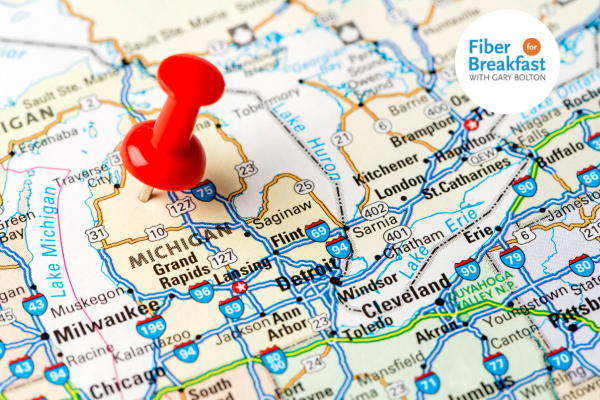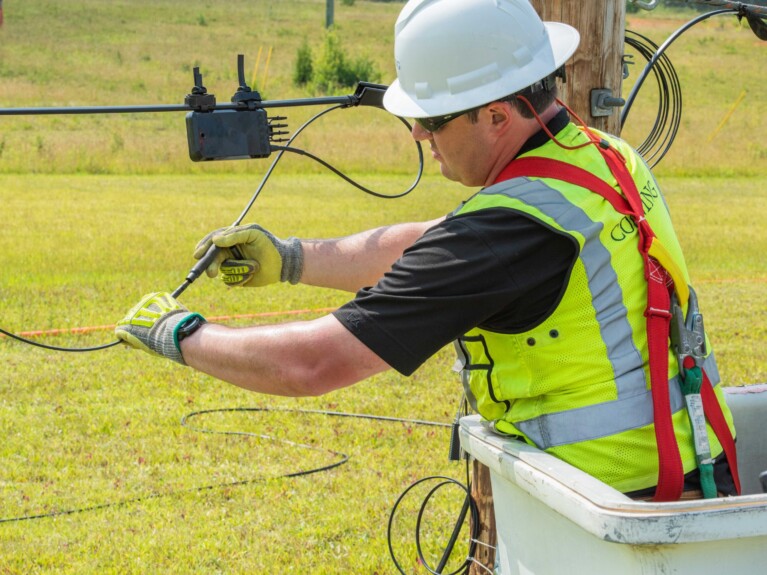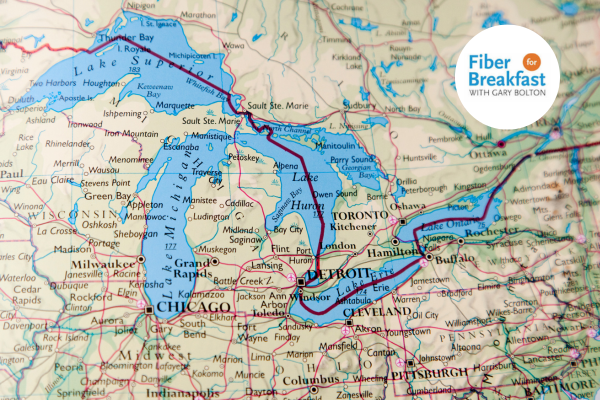With Great Fiber Comes Great Security Responsibility
Cybersecurity is a necessary part of service provider operations, but it can come with a high price tag. According to IBM, the average cost of a data breach in 2023 is $4.45 million. Reportedly, 53% of companies have experienced a third-party data breach in the past year, according to the Ponemon Institute.
“[Business leaders] are making a strong security posture a top priority across all decision making,” said Ron Westfall, Research Director, The Futurum Group. “There’s more prioritization of adapting and changing policies and processes to improve their security posture. The key takeaway is that this impacts the fiber community and that includes, for example, the distributed workforces and overall, the security implementation of the organization.”
Futurum recently conducted a survey with Dell Security to better understand the security threats that organizations face, and to assist in developing better strategies and defenses to secure hardware devices, software applications, and user data. With security concerns increasing over the last 18 months, the only upside among businesses is a decrease in supply chain disruptions contributing to overall security risks.
Companies were asked to rank their top needs in maintaining a strong security posture. “At the top is operating system level security,” said Westfall. “That makes sense. Anybody who has a smartphone and a laptop has to have a secure OS or you’re not going to get much done. But what I think is important is that access management came second among all of these different choices. And that applies to devices, application, and users, and that naturally extends to ONTs and other optical devices that are essential to the implementation of any organization’s network.”
Westfall said the fiber community can sharpen their overall value proposition by making security a top selling point, especially given fiber’s distinct advantages over other broadband media. “There are several important reasons where fiber really shines,” said Westfall. “First of all, it does not require outdoor power electronics, so it’s extremely well suited for intrusion detection applications. It provides increased signal distance for video monitoring and video surveillance applications. Fiber is immune to electromagnetic and radio frequency disruption, something as simple as spectrum interference. Fiber transmits data through pulses of light and quite simply they’re much more difficult to intercept than the electrical signals used by alternative technologies such as cable HFC, or the wireless signals used by satellite internet or other wireless technologies.”
To learn more why fiber is the most secure choice for many businesses, public safety, and national security applications, listen to the latest Fiber for Breakfast.
https://soundcloud.com/user-491717682/ffb-episode-135-why-security-is-key-to-enduring-fiber-success?si=2058210491e1428492d8fd248a37bd90&utm_source=clipboard&utm_medium=text&utm_campaign=social_sharing





